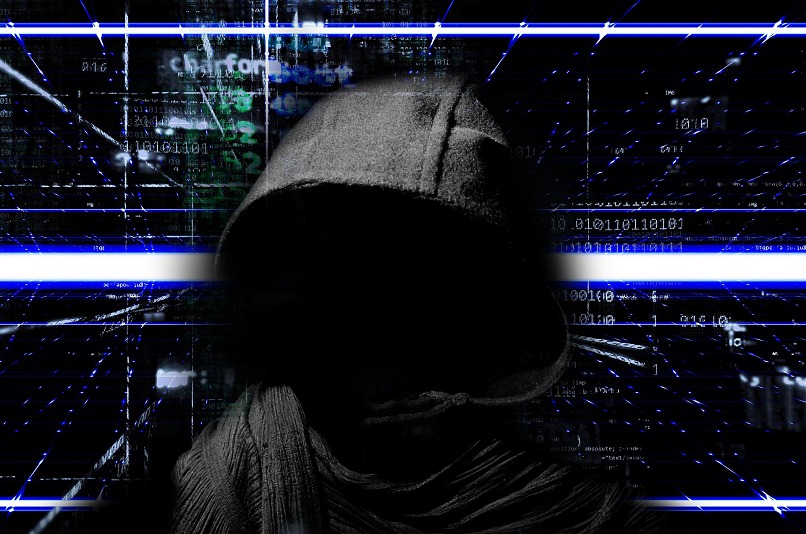BlackCat Claims Ransomware Attack on Henry Schein

The BlackCat (also known as ALPHV) ransomware group has claimed responsibility for an attack on healthcare giant Henry Schein, announcing that they have successfully exfiltrated 35TBs of sensitive data from its network. The exposed data includes internal payroll information and shareholder files.
The attack, which occurred in October, also led to a temporary disruption of Henry Schein's manufacturing and distribution operations, prompting the company to shut down some internal systems to contain the incident.
Negotiations between the company and the BlackCat group have ultimately failed, resulting in the re-encryption of Henry Schein's network systems and thwarting the recovery efforts that were underway.
BlackCat, in a statement released on their dark web leak site, highlighted what they deemed as a lack of commitment from Henry Schein's management team in prioritizing the security of their clients, partners, and employees.
The group specifically called out the efforts of the ransomware recovery firm Coveware Company, employed by Henry Schein, alleging that negotiations with them were marked by delays.
In response to the stalled negotiations, the BlackCat group threatened to release segments of the stolen data on their collections blog. However, no data had been published on the blog as of the last update.
In fact, Henry Schien has recently been removed from the BlackCat leak blog entirely, triggering speculation that the ransom negotiations may have resumed. Despite this, the company has yet to provide an official statement, leaving stakeholders and observers curious about whether the ransom will be paid.
This attack on Henry Schein is the latest in a series of high-profile breaches attributed to the BlackCat ransomware group, with their operations extending beyond the healthcare sector. The group's affiliation with other prominent ransomware entities, such as Conti, LockBit, and REvil, underscores the reach of their criminal operations.
Furthermore, their reported involvement in numerous attacks in recent years, resulting in substantial financial losses for multiple organizations, has heightened concerns about the growing threat posed by ransomware groups worldwide.



Please, comment on how to improve this article. Your feedback matters!